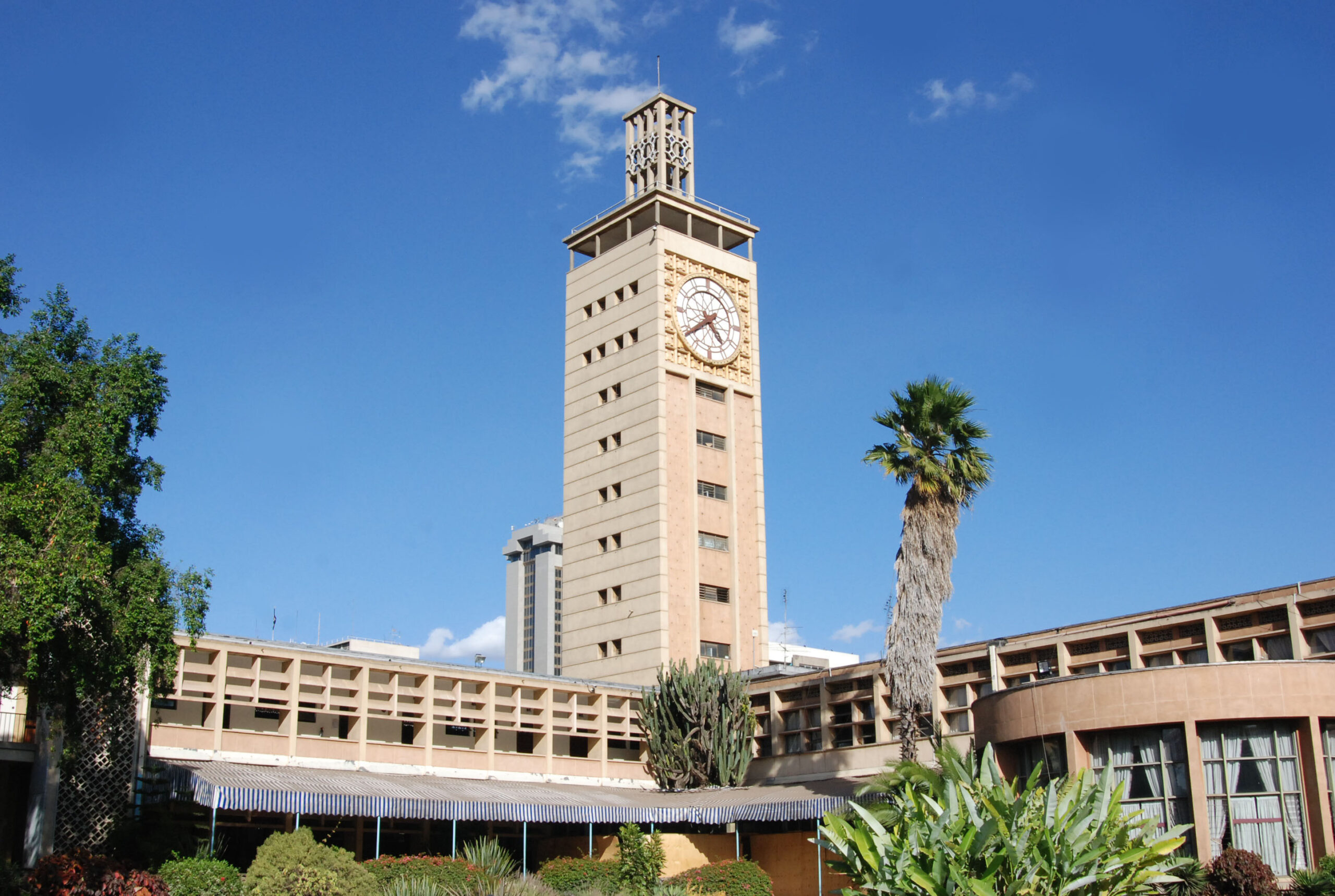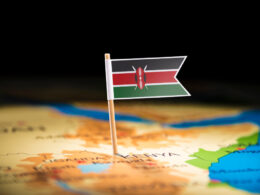By Wallace M Nderu
Hon. Opiyo Wandayi has introduced before the Parliament the Penal Code (Amendment) Bill, 2023, which aims to abolish the death penalty in Kenya. When passed into law, Kenya will join twenty-six other African states, including Cape Verde, Chad, Sierra Leone, Central African Republic, Ghana and Zambia, which abolished the death penalty in law. The proposed law seeks to amend the Penal Code Cap 63, specifically sections 40, 60, 204, 296 and 297, by deleting the word ‘death’ where it appears and substituting it with ‘life imprisonment.’ As such, the death penalty as a form of punishment within Kenya’s criminal justice system will be a thing of the past, having permanently been deleted from our statute books.
Although Kenya is an abolitionist country by practice, with the last known execution having taken place in 1987, the reality that the death penalty is a form of punishment in Kenya remains, and the threat of its utilisation cannot be ignored. I compare this to the proverbial axe hanging over one’s head, uncertain when it will fall. The death penalty is one of the most inhumane forms of punishment in our present times. It violates numerous human rights and fundamental freedoms for those sentenced to death. At the apex, it violates the right to life as guaranteed in our Constitution and regional and international treaties Kenya is a party to.
Additionally, it violates the freedom from torture, cruel, inhumane and degrading treatment of those on death row. Equally, the death penalty contributes significantly to psychological trauma, given that those sentenced to death are only left clinging to hope that this harsh punishment will not be implemented. The uncertainty of whether the dawn of a new day may be their last to live is traumatising. The modes of execution in themselves can lead to exceptional pain to the person before they can actually be pronounced dead, as such not only being cruel but inhumane too. It is appreciated that human rights and fundamental freedoms are not mere words on paper but the hallmarks of human dignity and the assurance of dignified existence. Thus, the presence of the death penalty in our statute book is an ‘insult’ to human rights and fundamental freedoms. This year’s World Day Against the Death Penalty theme, ‘Death Penalty: an irreversible torture,’ captures the unfortunate and lived reality of those sentenced to death. It is appreciated that both the physical and psychological torture occasioned by this harsh and cruel punishment can leave them severely scarred throughout their lifetime. The question that lingers remains: how would one reverse the torture occasioned by the death penalty?
The call for decolonisation within most parts of the African continent gets louder by the day. Part of the decolonisation that is to take place is to vacate from cruel forms of punishment ‘gifted’ to us by the former colonisers. For Africa to be fully decolonised, so to speak, a candid conversation on the abolition of the death penalty is to be had. However, it is not all gloom when it comes to abolishing the death penalty; it is appreciated that positive steps have been taken to ensure this inhumane punishment is entirely eliminated. The Supreme Court of Kenya’s pronouncement in the case of Francis Karioko Muruatetu on the mandatory death sentence being unconstitutional was a step in the right direction.
In addition, in 2015, during its 56th Ordinary Session, the African Commission on Human and Peoples’ Rights drafted a treaty, the Draft Protocol to the African Charter on Human and Peoples’ Rights on the Abolition of the Death Penalty in Africa in a quest to solidify African states commitment to abolishing the death penalty. Consequently, commuting persons on death row to life imprisonment by former and present presidents indicates that the country can move from being an abolitionist de facto to abolition by law. Equally, Kenya is reminded of its international obligations and commitment to abolishing the death penalty by law. Similarly, Kenya should ratify the Second Optional Protocol to the ICCPR on abolition. In commemorating this year’s 21st World Day Against the Death Penalty, I urge Parliament to enact the proposed abolition law
First published on the People Daily Newspaper.












